Relegation brings Cork City almost full circle
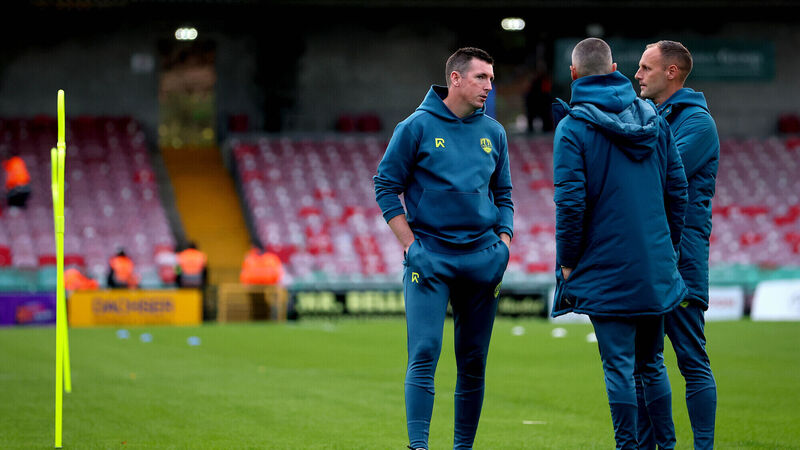
Corks’ Manager Ger Nash talking to his coaching staff
When the full-time whistle goes on Saturday evening in Turner's Cross against Derry, and another spell for Cork City in Premier Division comes to another end, the club will quite literally be in the exact same position it was in five years ago.
Derry City were also the visitors on the last day of the 2020 campaign, and that game meant nothing as the Rebel Army were already relegated following a victory for Finn Harps over Bohemians on the penultimate weekend of the season.
The only difference half a decade later is the upcoming FAI Cup final against Shamrock Rovers at the Aviva Stadium on November 9th.
But what has changed?
Between 2000 and 2005 the club went from having an aging squad to Premier Division champions.
2010 to 2015 represented a phoenix rising from the ashes as Cork City went from near extinction to the Europe, a cup final, and two runners up finishes in the Premier Division.
2020 to 2025 will forever be known as the time when the club suffered three relegations, with each circumstance entirely unique given how the season played out and what was happening in the background.
Their first fall came on the way home from a defeat to Sligo Rovers when the Harps result came through, during a campaign fought in empty stadia while the COVID-19 pandemic forced people to stay home.
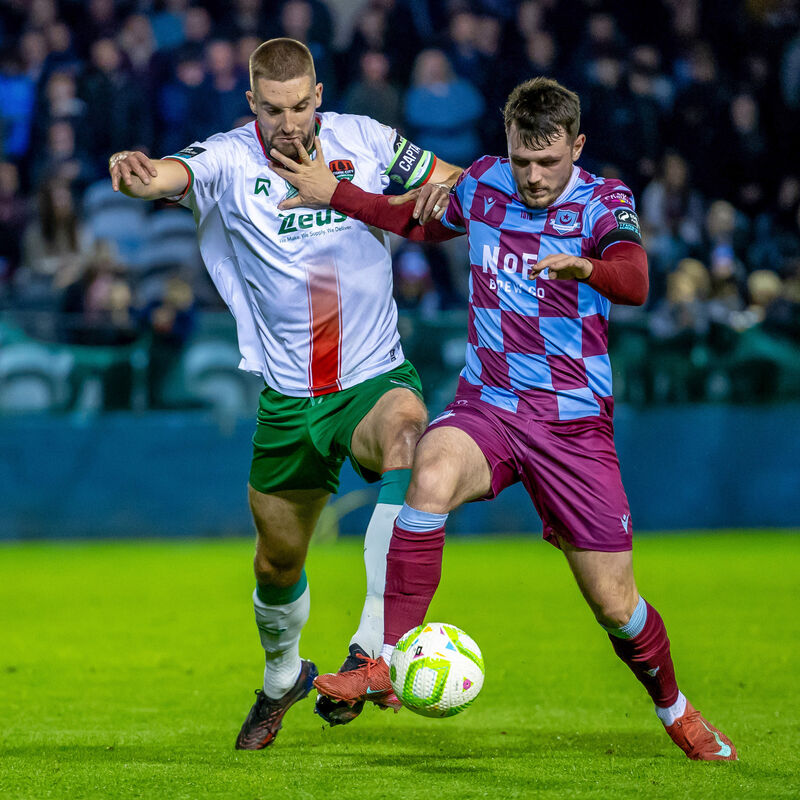
The club were also in the middle of a takeover that would eventually collapse, a few months on from when a settlement with the Revenue Commissioners allowed the season to go ahead.
Their second stumble came in a play-off, against Waterford, just a year on from an emotional return to the Premier Division.
City went down in extra-time with former player Ronan Coughlan netting the winner from the spot at Tallaght Stadium.
The general feeling in the ground was anger, instead of sadness, as a year that promised so much had fully disintegrated after first seeing smoke from the engine after the midseason break.
The Rebel Army actually held their own at one point that season, despite Colin Healy departing in May, and things came together in the form of a four match winning streak going into the June international break.
The reasons for the bubble bursting are multi-faceted and ranging from poor signings to managerial uncertainty stretching across seven months.
Two years on and there is a permanent figure in the dug-out and the thing is, Gerard Nash was appointed when the club was in the bottom two following a 2-1 defeat to Derry City at Turner’s Cross.
The coach’s first game was against Galway United in the lead up to the June international break and this coincided with the club’s main relegation rivals finding form as Sligo Rovers went on to lose just three games out of their next nine.
The Rebel Army still struggled, as they went bottom of the table and stared up an eleven point gap between themselves and the play-off spot.
The rest of the story is well known and the ending was wrote earlier this month with that Shelbourne defeat.
It’s taken on the form of a comic book as opposed to a novel, as nothing ever changes as opposed to a grand sweeping narrative where an individual betters themselves over a specific period of time.
Supporters don’t want that, they want Cork City to grow and be the representative club of Ireland’s second city fighting at the highest level and challenging for major honours.
Then, how, is the next five years saved, as opposed to the cycle repeating itself as a whole new generation of fan gets to know Cork City through relegation and promotion?
There’s the usual phrases like learning from lessons and seeing what can be done differently going forward.
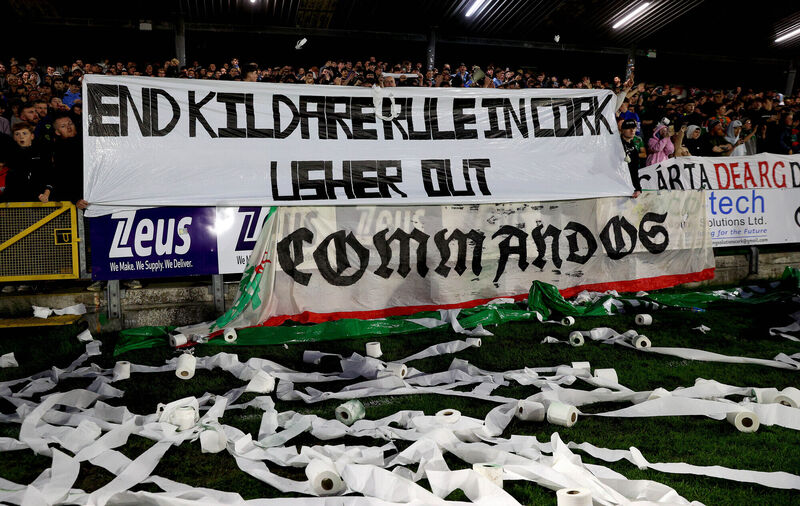
People will also look to the squad and see what areas need to be given priority for the Premier Division, where a newly promoted side is expected to be under pressure from minute one.
The club can look at those breaking through to add positivity and squad numbers going forward, like the current batch of U20s under the leadership of Darren Murphy.
Promise has already been shown at that age group through the emergence of players like Luke Downey, Finn Dalton, and Matthew Kiernan.
Behind them are the U17s, who are midtable in their league and learning as they go under Colm Bermingham.
These are small gains, but an investment in the future, especially for a club looking for a brighter future after losing half a decade is badly needed urgently.
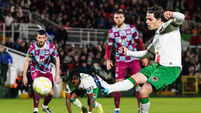
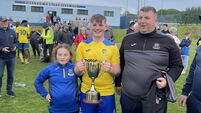

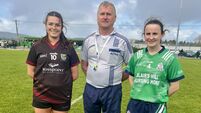
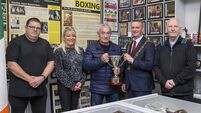
![IMG_2144[1].JPG Ballyphehane are Seandun Junior B Football champions after big win over St Vincent's](/cms_media/module_img/9670/4835295_4_teasersmall_IMG_2144_5b1_5d.jpg)
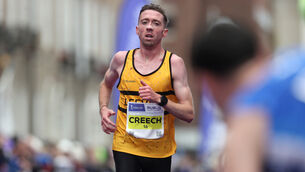



 App?
App?







